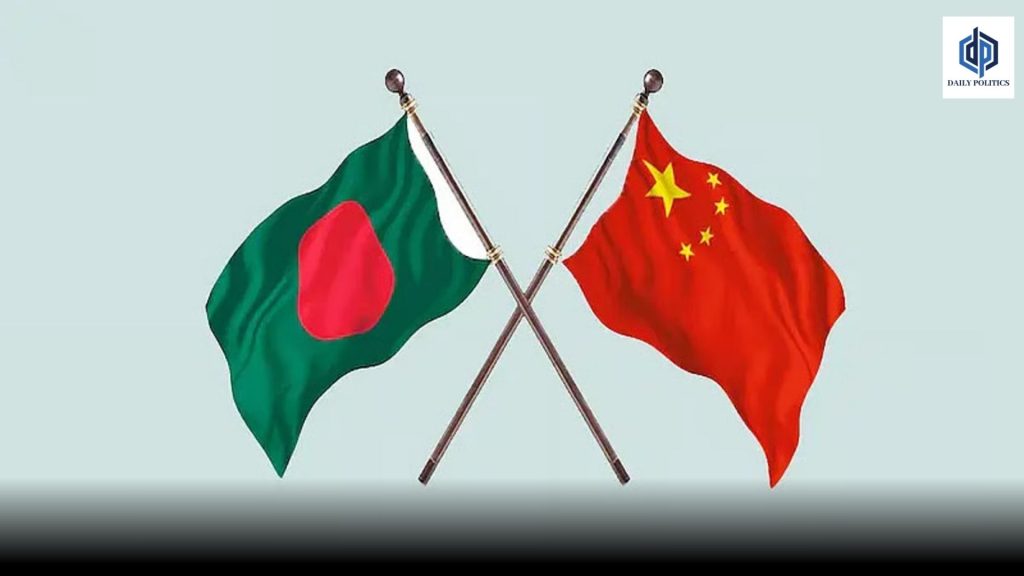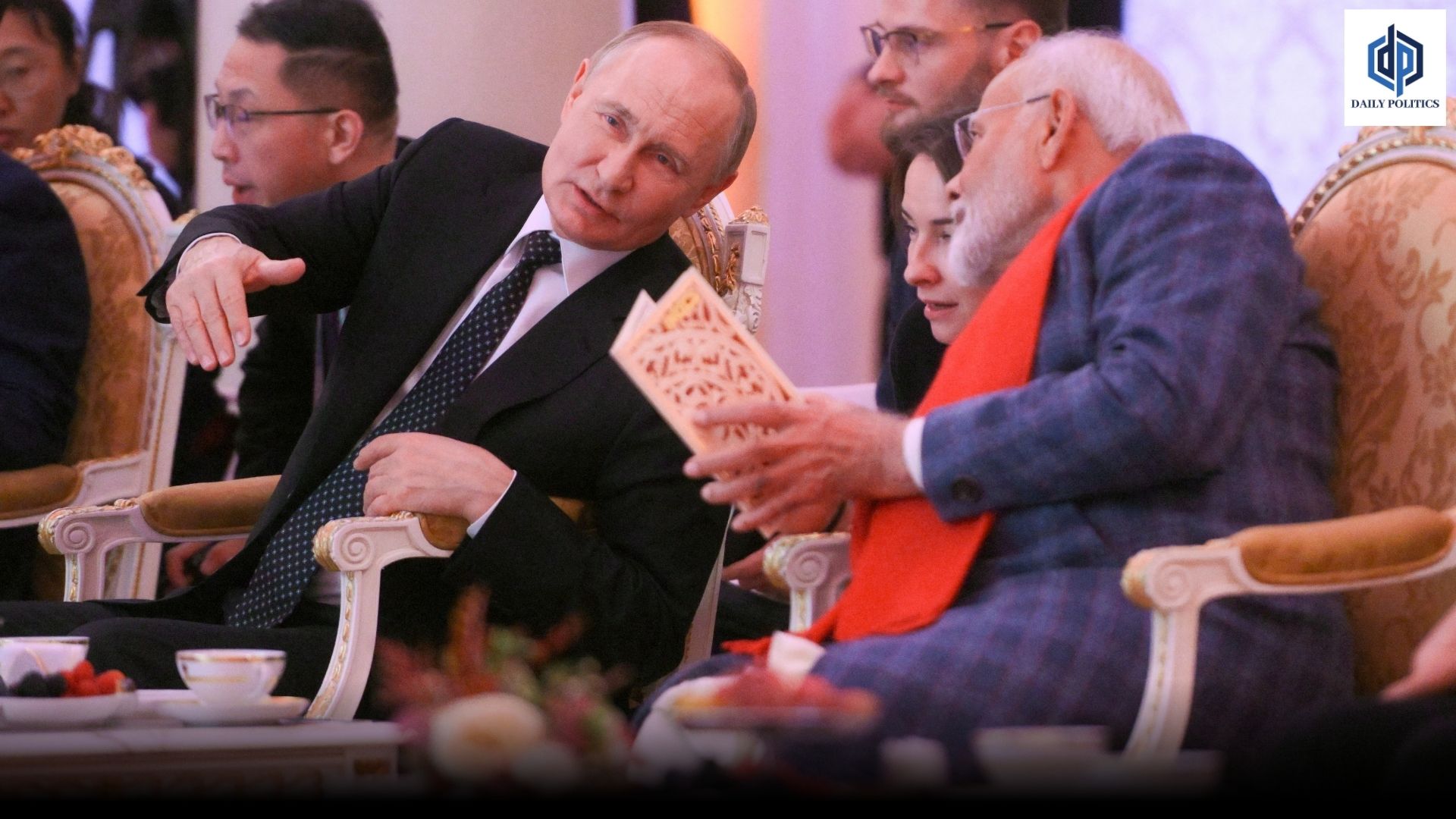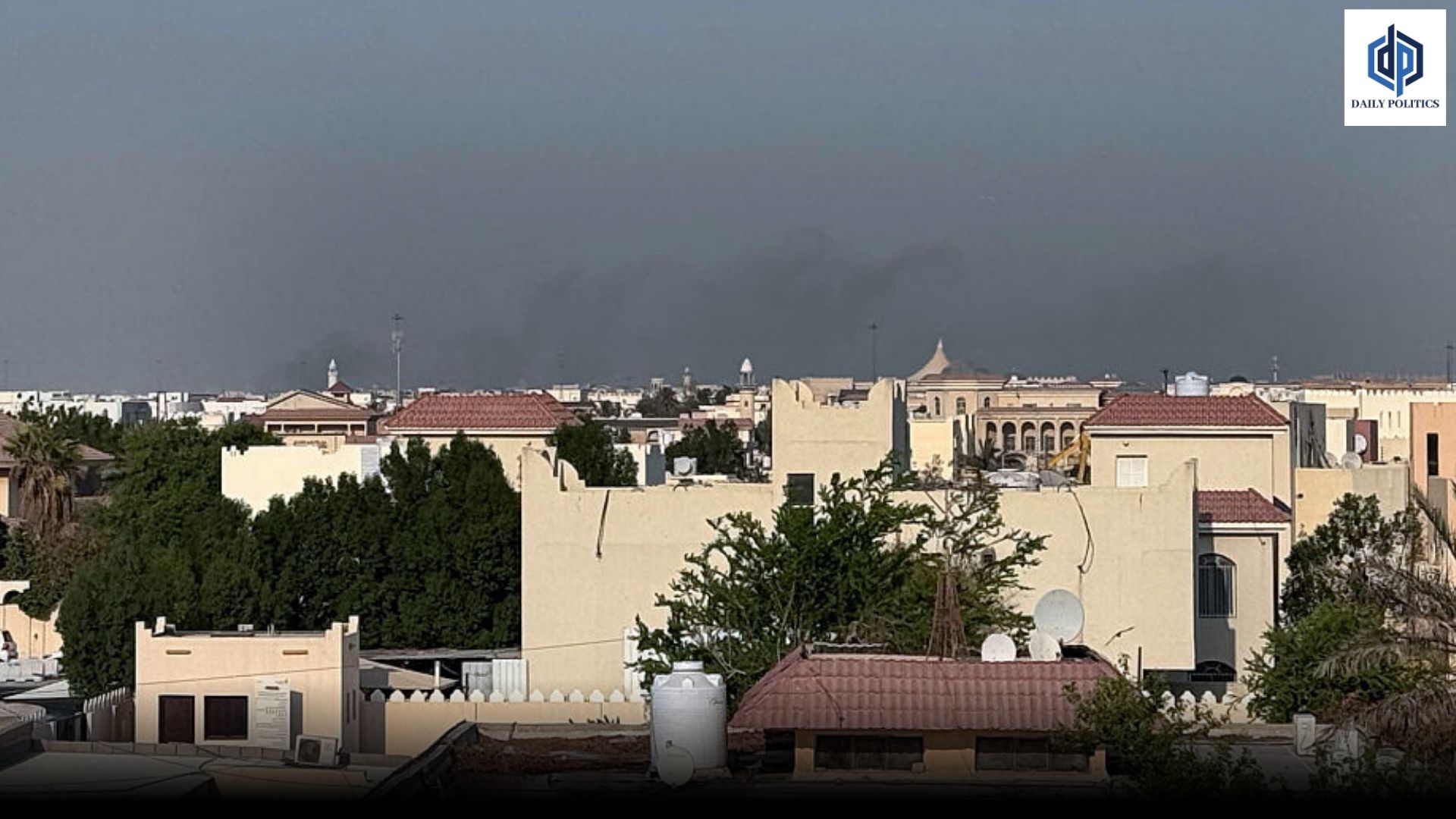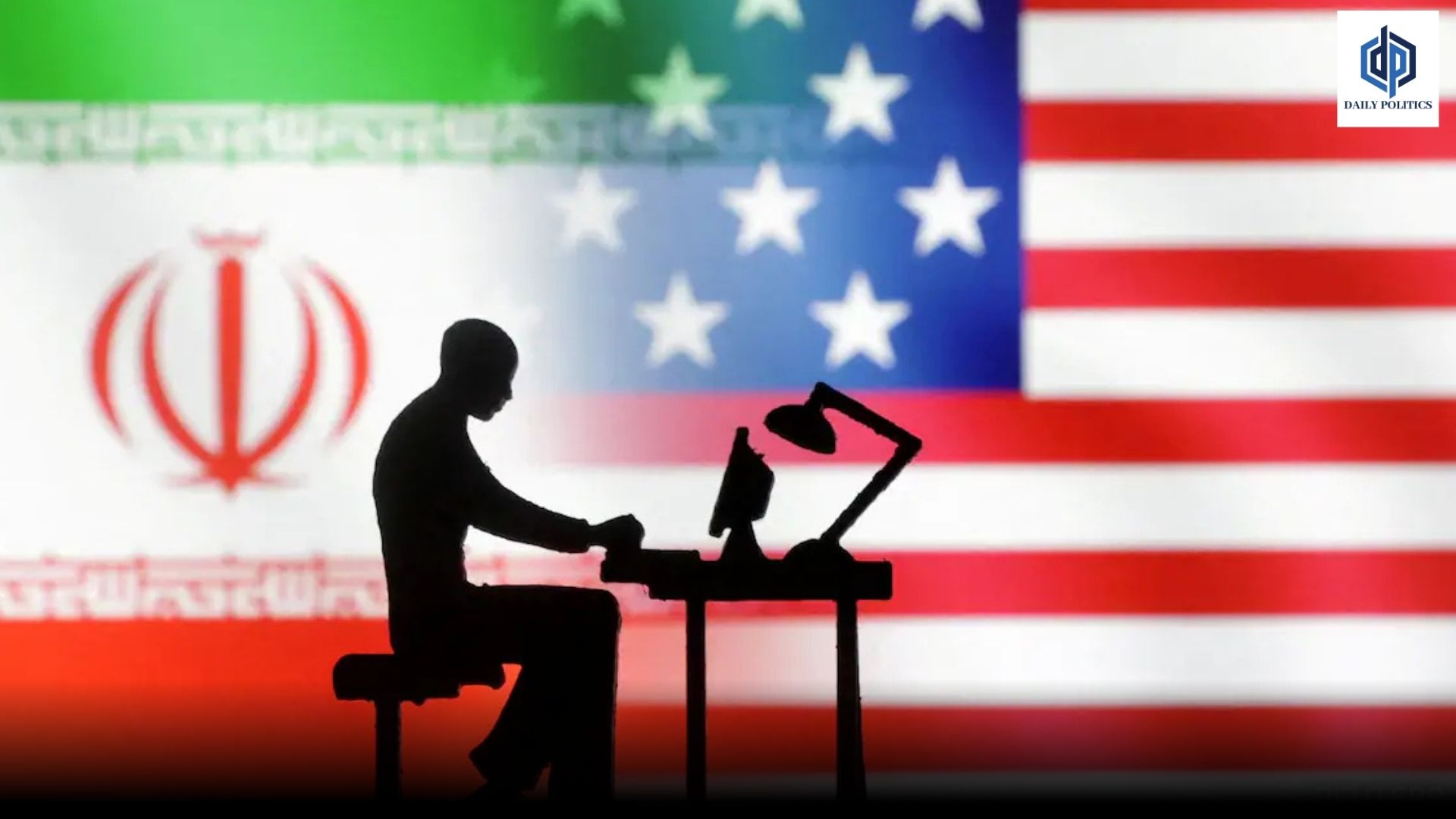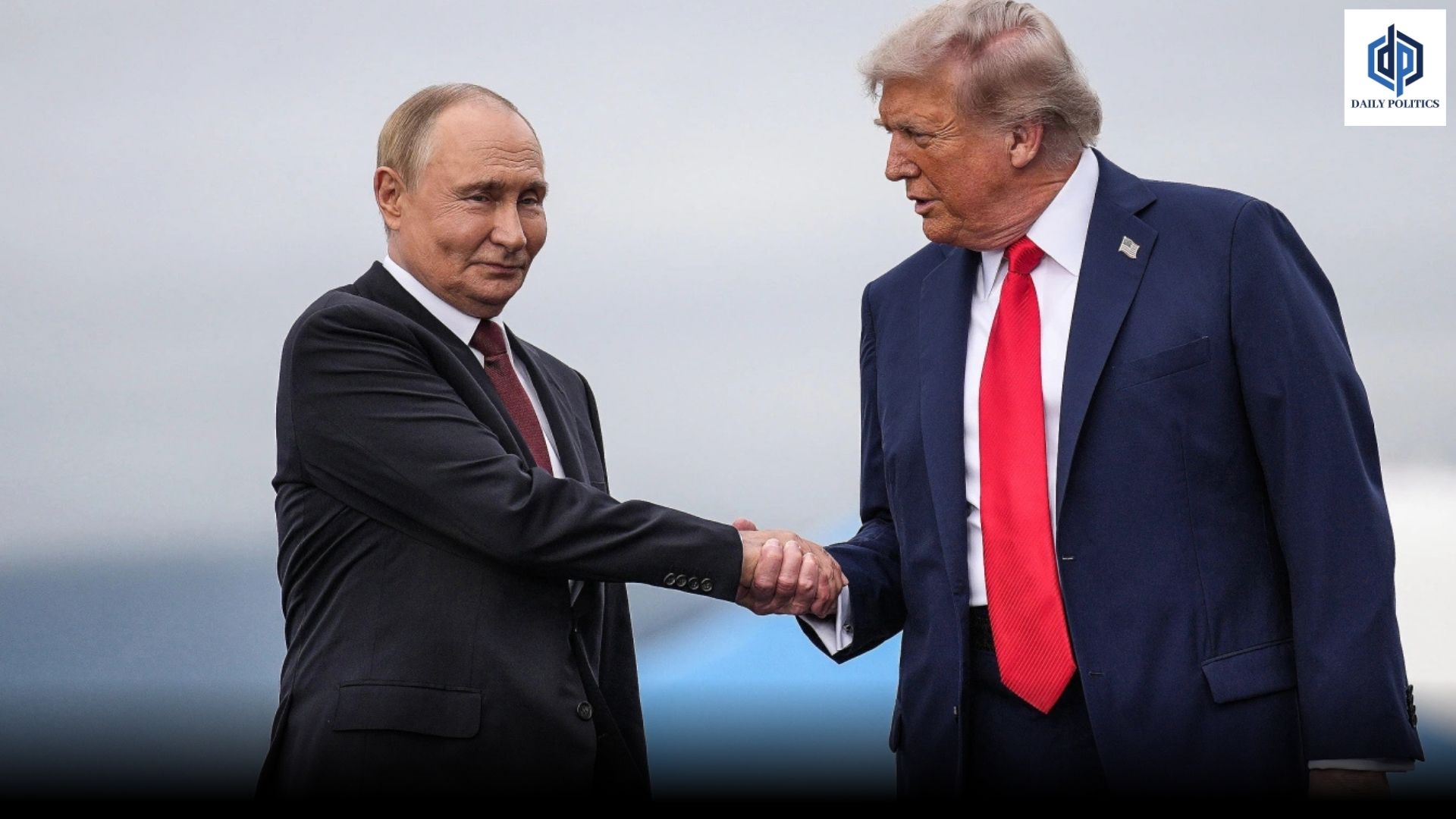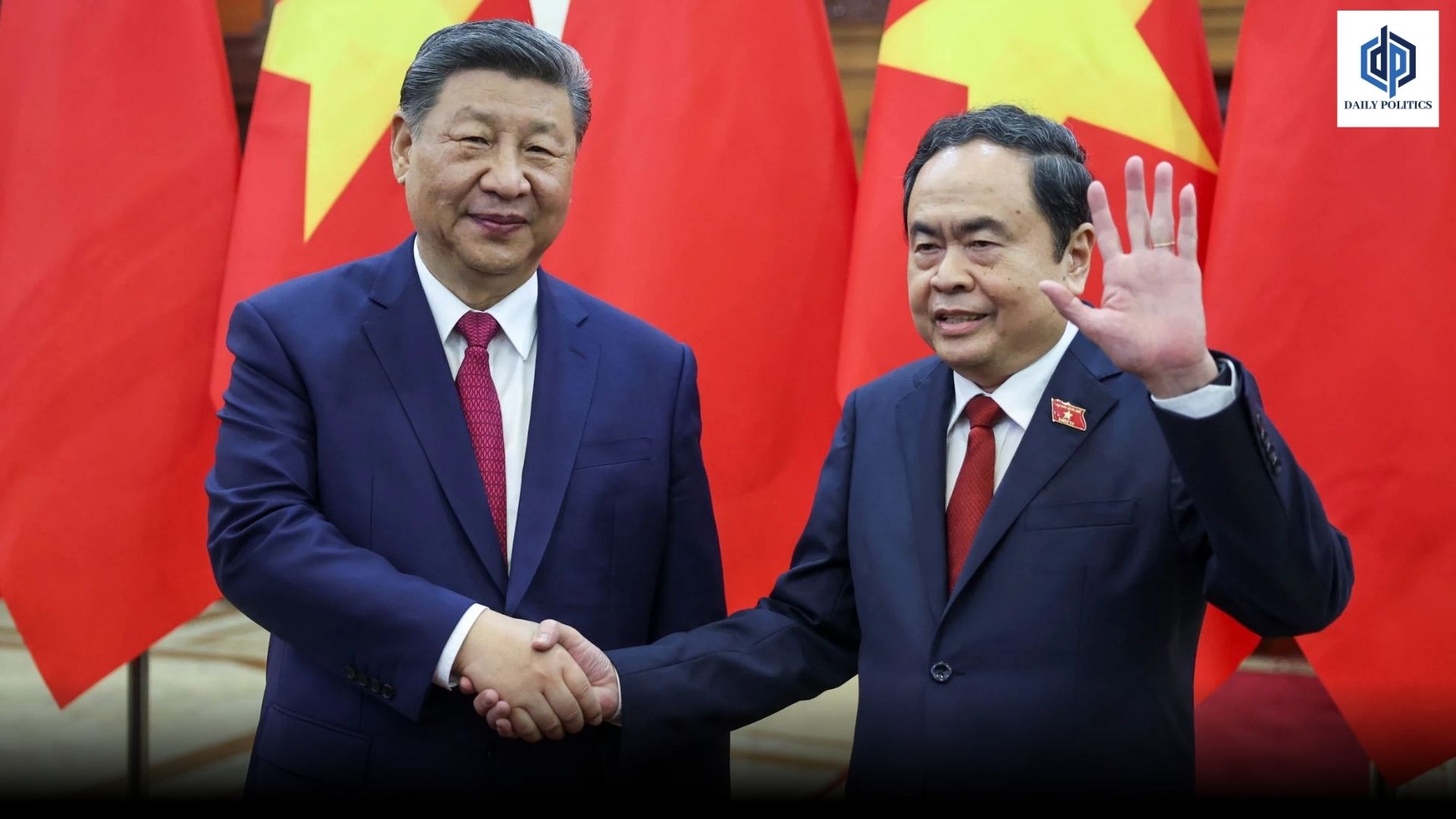On Wednesday, Bangladesh dispatched its inaugural shipment of mangoes to China, marking a significant moment in diplomatic relations. This export comes as Beijing seeks to strengthen its ties with Dhaka following a period of tension between Bangladesh and its former ally, India.
Bangladesh is currently grappling with the repercussions of a 2024 uprising that ended Sheikh Hasina’s autocratic regime and forced her to flee to New Delhi by helicopter. In the wake of this political upheaval, the nation has attracted the attention of Beijing, India’s key rival.
“It is a significant occasion to witness the departure of the first consignment of Bangladesh’s premium mangoes to China,” stated China’s ambassador to Bangladesh, Yao Wen, during a ceremony with government officials.
Bangladesh, predominantly surrounded by India, has experienced a significant deterioration in its relations with New Delhi.
Temporary Bangladeshi leader Muhammad Yunus embarked on his inaugural state visit to China, signaling a notable shift in diplomatic relations as Bangladesh also strengthens its ties with Pakistan, a country often viewed as India’s adversary.
During a small ceremony at the airport, Yao, standing alongside Bangladeshi ministers, stated, “President Xi Jinping has emphasized on several occasions that China’s door of opening up will not close, but will only open wider. ”
“He expressed confidence that the export of Bangladeshi mangoes to China marks only the beginning,” he added.
In China, the fruit carries a unique historical significance in diplomatic contexts, notably highlighted by the intriguing cult surrounding the mango.
In 1968, during the fervor of the Cultural Revolution, Chairman Mao Zedong was photographed presenting a mango to a group of workers. This act transformed the fruit into a symbol of reverence.
In 1968, the mangoes in question were said to have been a gift from the Pakistani foreign minister, during a period when Bangladesh had not yet achieved independence from Islamabad.
Current export levels remain modest, with only 50 tonnes recorded in the initial phase. However, both Bangladesh and China have expressed optimism about increasing these figures in the future.
Over the last year, China has organized multiple tours for leaders of political parties in Dhaka and has initiated the hosting of Bangladeshi patients in its healthcare facilities.
India has historically expressed caution regarding China’s expanding influence in the region, as the two most populous nations vie for dominance in South Asia, even in light of a recent diplomatic warming.

